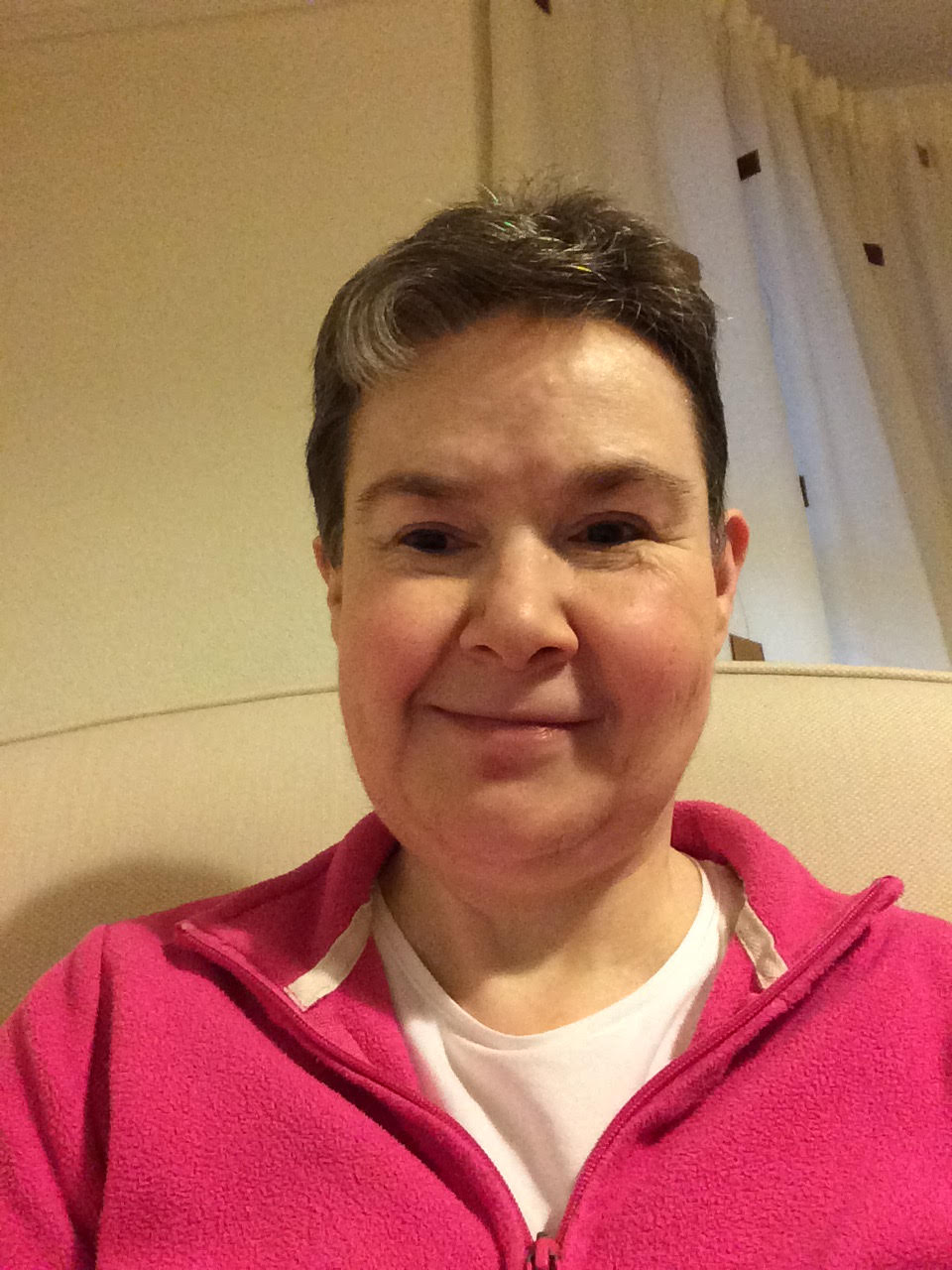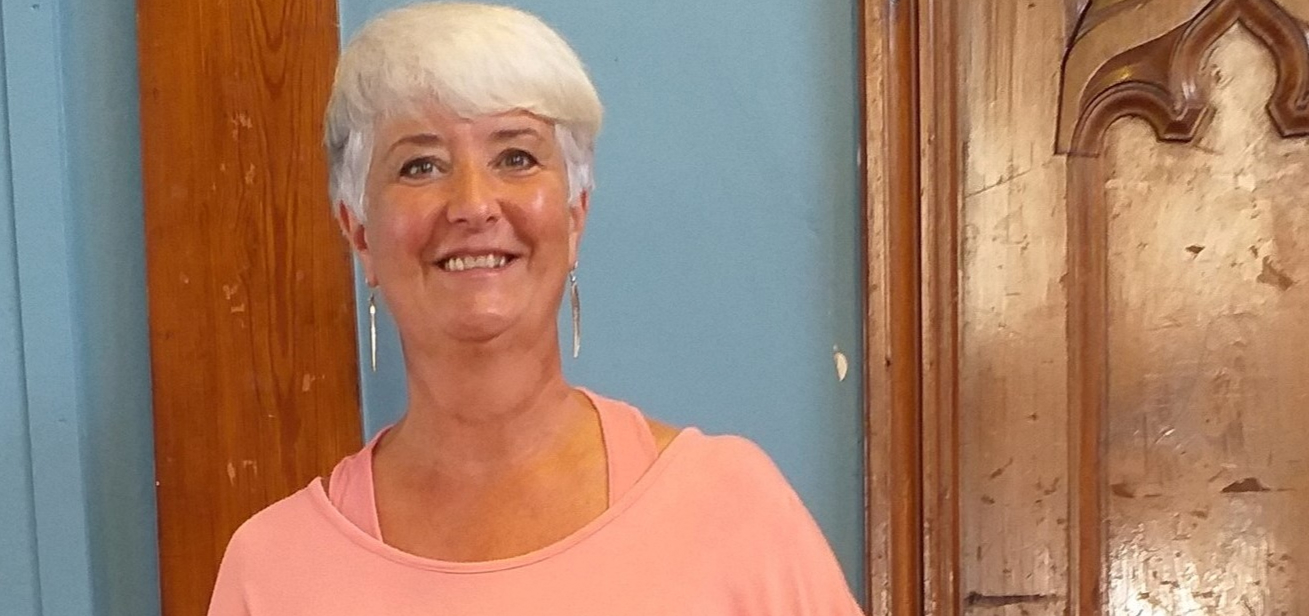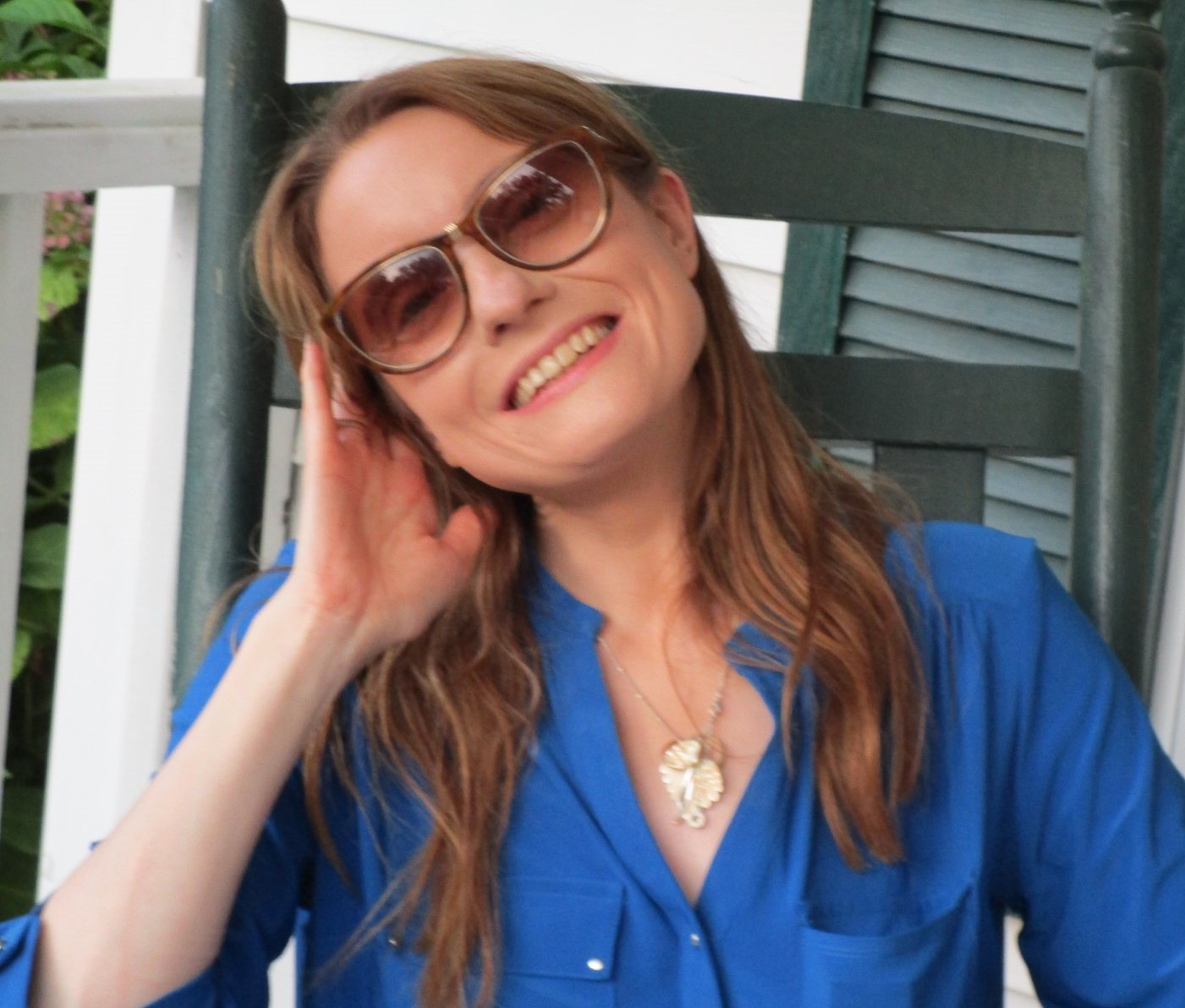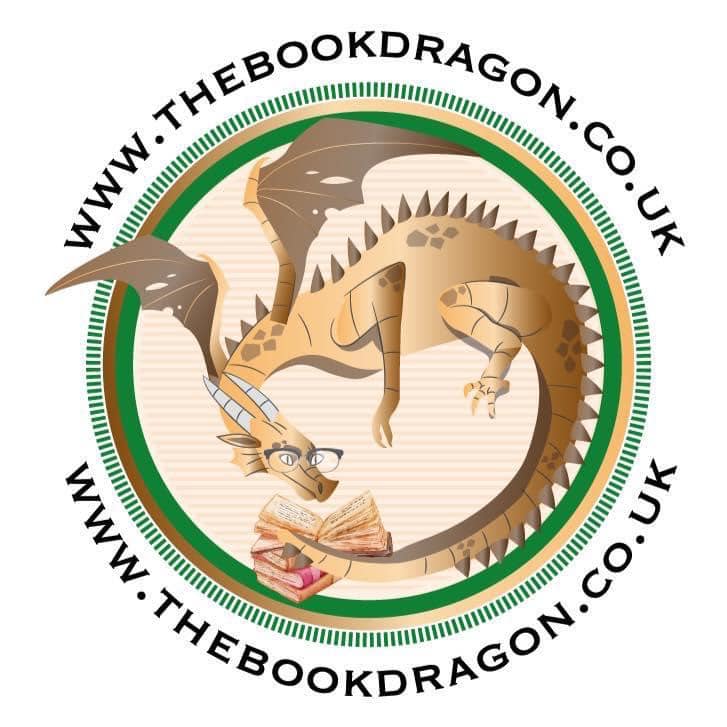Billy and the Sparkling Socks Book Tour
Cover Blurb
Ten-year-old Billy Bottomsby is fed up with his older brother, Casper, always bragging about his cleverness at school, and being thought weird because he doesn't talk. He can't help it as he has Asperger's Syndrome. Then he bets Casper he can be good at a lesson or better than him by the end of the week. Billy hears his mum talk to his socks, then when he tells himself at school he's going to be good at a lesson, his socks tickle him and take him to a mysterious world. Billy sees himself as a TV presenter, teaching him how to be a confident, communicative and funny storyteller. Then he saves his neighbour’s cat from being run over and thinks it’s because he’s wearing strange socks. Only one of them has just fallen down. Billy comes to realise that he can be good at things if he really puts his mind to it.
The books are not just for children with Asperger’s Syndrome, they are also for their friends and family. The series covers friendship, school and the difficulties a child with Asperger’s faces, with a positive approach which helps readers to understand the disorder.
Other Titles By the Author

Julie Day
Author Bio
Julie Day has Asperger's Syndrome. She is an indie author of children's books about Autism meets magical realism; and mermaid and teen angels. She also writes for adults about helpful ghosts and cozy mysteries, short magical realism stories and has had one accepted for the Modern Magic anthology by Knight Writing Press, and the Magick Mistletoe anthology by Dragon Soul Press. She is a member of the Alliance for Independent Authors (ALLi) UK.
Julie's blog: http://www.julieaday.blogspot.com
To Sign Up for Julie's Newsletter: http://eepurl.com/bwuQav
The Book Tour
Day 1 - Favourite Quotes
Day 2 - Character Summaries
I liked the sibling rivalry between Casper and Billy. (Andrew Bell)
I enjoyed Casper, Billy’s older brother. He begins the book as an unpleasant and disparaging character, and continues throughout the tale in the same vein. His nasty behaviour is a great foil allowing Billy to shine and achieve his goals, and it was pleasing that the story ended with Casper showing some humility, and a little support and encouragement for his younger brother. (Deborah Barwick)
Billy is a delightful young boy who blossoms throughout the course of the story. Initially he feels frustrated by the limitations he feels due to his condition of Autism. He has an older brother who seems to be good at everything and classmates that make fun of him. As he starts to focus on what he can do and where his talents lie, a transformation starts to happen. By looking for the positives and gaining confidence and faith in his abilities, he starts to shine and gain respect from his mother, teachers and peers. I felt moved by Billy’s realisation that what he really lacked was self-belief and the courage to be who he truly was. As this dawns on him he starts to fly and fulfill his full potential. I could just picture him telling his stories in class and I could relate to the joy he felt from creating them, as I too loved to do this as a child. I loved how Billy showed warmth and kindness to others, even though he hadn’t always received them himself. He’s willing to help out his brother when he starts to struggle, despite how his brother has mocked him for his own difficulties in the past. (Michelle Marshall)
I related with the character, Billy. Being disabled myself, I know just how hard it is to find something you’re good at. Also, being disabled I can relate how hard it is to fit in, I know what it’s like to be laughed at, I also know the challenge of finding something you’re good at. Being autistic, Billy would’ve had a much bigger challenge in this. I was so impressed with his finding that he could tell stories, act them out, and make people laugh. He didn’t think Miss Murray and his classmates were laughing at him. Good job, Billy! (Deb Hockenberry)
Charlie, a small background character is one that provides the first small ray of kindness. With Billy clearly struggling to fit in at school, you find yourself as a reader yearning to reach out and wrap him up in protective cotton wool to prevent the reactions of others getting to him. Then along comes Charlie and restores your faith in humanity giving you the belief that there is compassion in the world. Although he features infrequently in the story, the fact that he is the first to reach out to Billy and offer to be his partner in the kite making activity really tugged on my heartstrings. I’m always one who roots for the underdog and when someone (in this case Charlie) is sympathetic to their plight, I find myself taking to the character. I think there’s a bit of an underdog in us all and when someone extends a supportive hand, it resonates with us. Charlie isn’t mentioned much in the initial stages of the book and instead very much blends into the rest of the class, which Billy is very much distinct from. However, as the story progresses, Charlie comes forward to work with Billy and later on in the story, grows in confidence himself as not only does he offer to work with Billy, he actually asks the teacher if he can. I think if the author were to focus their writing a little more on Charlie’s back story, we could have a well-developed character with more depth here. As I read, I could just imagine this small child with a gentle nature wanting to help others and it just put a big smile on my face. For that reason, I choose Charlie as my favourite character. (Josephine Park)
Billy is a ten-year-old boy with autism who has gotten fed up with his older brother always bragging about his accomplishments in school. What I love about Billy is his determination to show his brother and everyone else that he can be good at school, too! He believes that he is good at something but just doesn’t know what it is, yet! He does a systematic self-evaluation of each of the topics covered in school and learns to recognise his strengths and accept his weaknesses. The author does a good job of building the reader’s understanding of what it can be like for someone to have an autism spectrum disorder - the thought patterns, the behaviours, the hypersensitivities, the struggle with social situations, the communication difficulties – along with some accommodations others may need to make when interacting with them. (Tania Marshall)
I really enjoyed the characters in this book and of course I loved Billy and his determination to prove that he was good at something, accepting that there were things that he wasn't so good at, and not letting these disappointments define him. It was lovely to see how his confidence grew over time, and that by believing in himself, others believed in him too. For anyone who has ever been bullied, who has struggled to be accepted, who felt as though they never fit in, this is a wonderful story with strong messages of encouragement. It doesn't matter how others see you, what is most important is how you see yourself. My favourite characters have to be Billy's mum and his teacher, with their methods of encouragement, inspiring and imaginative, and just how believing in a little bit of magic and positivity, can truly inspire such wonderful and positive things. (Kirsty McKay)
Day 3 - Favourite Excerpts
“Only if he,” Billy pointed at Casper, “shuts up about school. He thinks,” and Billy prodded Casper’s head, “he’s the only one who is good at school. Well, Casper, I’m going to show you that I can be good, too.” He pointed at himself with a finger. He drew a big smile on the paper. “Me,” he said. (Andrew Bell)
…he had done amazing things today. He’d saved a cat. He’d got a silver star for literacy, spelling and numeracy and a gold star for art. And how? He had done all of that because for once he had believed in himself after trying his best. And it had worked. (Deborah Barwick)
…he picked up his pen and felt the light warm through him from his head to his arm and his hand, until the tips of his fingers felt like they were tingling with energy. He started writing, and pictures like a film came to him. He wrote and wrote. (Michelle Marshall)
I don’t have Asperger’s or any other form of Autism, but I have been through this as has any disabled person. Although this book focuses on Asperger’s, any disabled person can feel Billy’s pain in being laughed at, being misunderstood by the class, and being called dumb. I can also relate to Billy’s joys in his classes. By the end of the book, when Billy triumphs over his brother, Casper, in their competition, I felt like cheering! (Deb Hockenberry)
“And for once I feel happy. I know what I can be good at, and continue to be good at. I am a happier person now, not a fed up one.” As he said this, one of his team held up a picture of a smiling boy. “Me!” He said. “So my motto is, to find out what makes you happy and what you can be good at and work on that. Only then will you be happy with who you are.”’ And it dawned on him then that that was what he had come to do - accept who he was and what he could do with his disability. (Josephine Park)
As his mom shut the door, he thought, I hope it will be okay. I will be good as Casper. I will be a success. Tomorrow, I will do my best to be good at something. And I’ll do it despite my disability, or because of it. Tomorrow will be the start of a new life; one where I will be more confident and chat to my classmates, make friends. You wait, Casper. (Tania Marshall)
For once he stayed in the room, whilst all his friends went outside. He wanted to work on his idea. Not to try to be part of a group. This made him realised that he didn't have to be part of a gang to be someone. He could be himself and still be liked. (Kirsty McKay)
Day 4 - Video Interview
Day 5 - Reviews
Overall Star Rating 3.5 stars. A fun but thought-provoking children’s story. Sibling rivalry between brothers Casper and Billy that children and adults alike will relate to. (Andrew Bell)
Overall star rating 3.5 stars. I would like to make the point that I have no knowledge of Asperger’s Syndrome and must review this book on a purely generic basis. A nicely written short story for young readers of primary school age using prose and dialogue that will appeal. I did find some of the ‘showing off’ by the lead character a little off-putting ie Billy drawing a poster and labelling himself a ‘hero’, but understand the author’s progressive message. However, a little modesty from the main protagonist, especially when appealing to a wider reading audience rather than specifically for those suffering with Asperger’s Syndrome, would be recommended. I did also wonder at the ‘saving the cat’ section and the potential of the wrong message being given. Although the author made it clear that Billy looked for traffic, it was still obvious that a car was approaching as he runs into the road to pick up the cat. A reinforced message of safety to children would address this concern. (Deborah Barwick)
Overall star rating 3.5 stars. Julie has created a likeable main character in Billy, who I wanted to root for throughout the story. The plot is easy to follow and features elements that I believe will appeal to all children rather than just those with Asperger’s Syndrome. It provides valuable lessons around the subjects of being true to yourself, showing kindness to others and focusing on what we can do in life, rather than the difficulties we may face. (Michelle Marshall)
Overall star rating 3.5 stars. Ten-year-old Billy has Asperger’s. He can’t communicate with other people or participate properly in his class at school. However, when his older brother, Casper, issues Billy a competition on who can get the most awards in a week at school, things begin to change in a big way! Of course, Billy accepts the challenge, but what is he good at?This was a well-paced and well thought out story. It was relatable throughout. Even though ‘Billy and the Sparkling Socks’ focuses on Asperger’s, kids with any other kind of disability can relate to this book. You can feel Billy’s disappointment, joys, and his triumphant win over Casper! Although it had a few spelling errors in it, it didn’t detract from the story at all. (Deb Hockenberry)
Overall star rating 3.5 stars. A warming and uplifting concept is the basis for Billy and the Sparkling Socks, a book with potential to help those children who see themselves as just a little bit different. With the author basing the story on her own childhood experience with Asperger’s, the story is delivered through the eyes of an autistic child. Although unique and imaginative (a little boy who’s magical socks help him find what he’s really good at), the language within the pages is quite simple and repetitive meaning it’s not the most engaging of tales. I also found myself quite confused in places with the story often jumping from one idea to another, and leaving questions unanswered. Therefore, although the novel was quite fast in pace, it was a bit chaotic and certain elements of the story weren’t given enough depth leading to a lack of clarity for the reader. The main protagonist, Billy, is definitely someone you want to root for. He clearly lacks confidence and yet displays nothing but kindness to those around him who taunt him, presenting an interesting dynamic to the book as the relationships between the characters change over the course of the story. There is clear consistency in the character’s actions but the reasons for them are implied rather than directly conveyed which means young readers will probably find it difficult to understand why certain people act towards Billy in the ways they do. In places the dialogue is quite simple and often not really reflective of how people would speak informally in every day situations. Similar to the language, I found the dialogue again quite repetitive although it did mean in places that the message of the story was reinforced. Furthermore, it did also showcase how Billy’s interactions with others improved across the book. With excellent editing throughout, the story is easy for emerging readers to enjoy independently. (Josephine Park)
Overall star rating 3.5 stars. The Rainbow School: Billy and the Sparkling Socks also shows a glimpse of what it can be like to live life on the Autism Spectrum. The main character comes alive in a way that helps you to feel his struggle and leads you to root for him to succeed. The author does a good job of building the reader’s understanding of what it can be like for someone to have an autism spectrum disorder - the thought patterns, the behaviours, the hypersensitivities, the struggle with social situations, the communication difficulties – along with some accommodations others may need to make when interacting with them. Overall it was a well written, thought provoking story that entertained the reader as it provided valuable insights into the mind of autism. (Tania Marshall)
Overall Star Rating: 3.5 stars. Billy and the Sparkling Socks is a lovely introduction to the Rainbow School Books series. The book is written in such a way for children with Aspergers to relate to, and throughout the book there are a number of well delivered positive messages. However there are also some scenarios, that whilst I understand what the author was attempting to betray, could potentially give the wrong message but the author can easily address this by adding a reinforced statement perhaps at the end of Billy's tale, particularly around road safety and bullying. I did enjoy the story overall, and the characters are relatable and the dialogue relevant. Having no personal knowledge of Aspergers I wasn't sure if the formatting in the book was deliberate for readers or something had gone askew in the printing of the book and so I have not taken into this account, as with that in mind, I did not allow it to detract from the story being told. (Kirsty McKay)
Book Tour Reviewers




